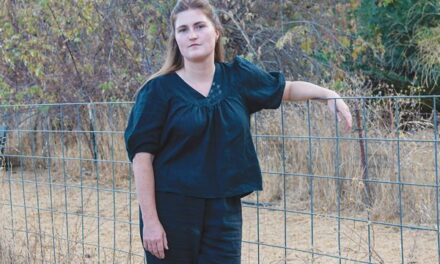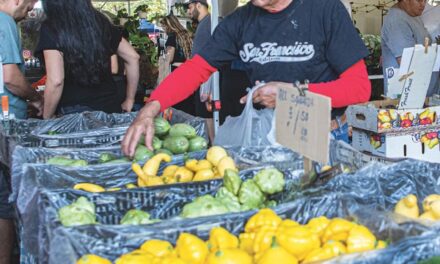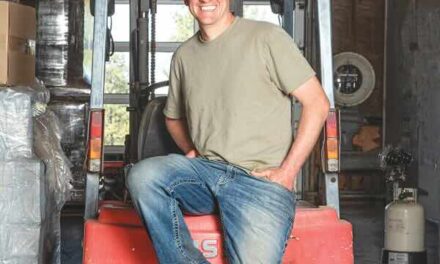Poultry Palooza
Help heritage hens by hatching at home
By Tessa Marguerite Outland
February 2021
Linda Easton-Waller has become something of a mother hen.
As the founder of GullyRumpus Farm in Rio Linda, Easton-Waller provides eggs from pasture-raised chickens at Oak Park Farmers Market and other locations. Now she has launched a program for families to incubate and hatch their own fertile chicken eggs at home. In addition to offering people the chance to participate in hatching newborn chicks, Hatch@Home contributes to the preservation of heritage breed chickens.
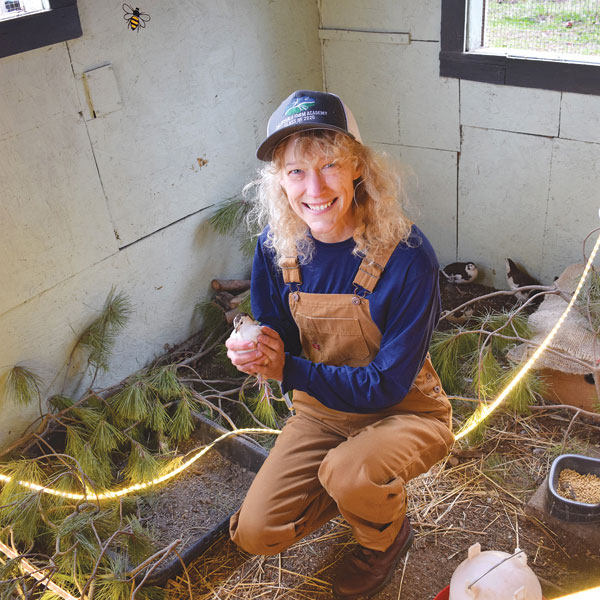
When she was a teacher, Easton-Waller created a program called Hatch a Batch for her students to learn about raising chickens. In 2015, before she had her own farm, Easton-Waller started Rent-A-Chicken Sacramento, a program where local families rented chickens and coops. Even after her own children were grown and she sold everything to live on a houseboat, the chickens still followed.
Hatch@Home is Easton-Waller’s current poultry palooza.
Each hatching kit contains six or seven fertile chicken eggs, an incubator, brooder box, chick heater, organic feed, a guide and reading material, and an egg candler, a device used to check the chick’s development inside the egg. People can choose eggs from Delaware chickens (a heritage breed), quails or their own preferred type from local breeders. After the eggs hatch, the families will keep the newborns for one week and then have the option to return them to GullyRumpus Farm or raise the chicks in their own backyards.
The fertile eggs come from Dawnridge Farm, located in Grass Valley and a member of The Livestock Conservancy, American Pastured Poultry Producers Association and American Poultry Association. The farm is also certified by the National Poultry Improvement Plan, a voluntary federal and state cooperative that uses disease-control and prevention strategies to improve poultry.
Heritage breed chickens include Persian Rumpless, Yokohama, Rhode Island White and Delaware. One reason Easton-Waller chose Delaware is because it is on “watch” status, according to The Livestock Conservancy, which could be due to the increased demand for fast-growing poultry after Colonel Sanders came on the scene in 1952.
For example, the genetically altered Cornish Cross is a hybrid bird that grows to full weight in a swift 6- to 8-week period. It can take up to 14 weeks for a heritage breed to grow to full weight—twice as long as the Cornish Cross—which means double the amount of feed before the heritage breed will begin making a profit for the factory or farm.
“It’s hard to see them grow up because they’re genetically engineered to grow fast and big,” Easton-Waller says. Heritage birds also don’t lay as frequently as chickens like Cornish Cross, but they are healthier and provide about three happy years of egg-laying.
In 2020, GullyRumpus Farm rescued 300 chickens from a facility that was promoted as “cage-free” and organic, but the chickens were kept indoors. “We were shocked when we got those chickens,” Easton-Waller says. “The birds were 1 year old and their faces were totally white and their feet were white. They had been fed organic food but only soy and corn and no supplements.”
She presumed the lights in the coop stayed on 24/7 so the chickens always thought it was daytime, and therefore produced more eggs faster. “We got them healthy and settled and had a good season with them,” Easton-Waller says.
When the chicks from Hatch@Home are fully grown, they will be moved to a pasture to live in large mobile coops at GullyRumpus Farm. The chickens will live in small groups of about 12 hens and one rooster, and relocated every few days to have fresh grass to forage and all-day access to bugs, insects and worms. Roosters protect the hens from hawks, and alert them when they find especially juicy bugs in the dirt. These lucky birds also receive non-GMO feed that is free of corn and soy, and freshly milled within 30 days.
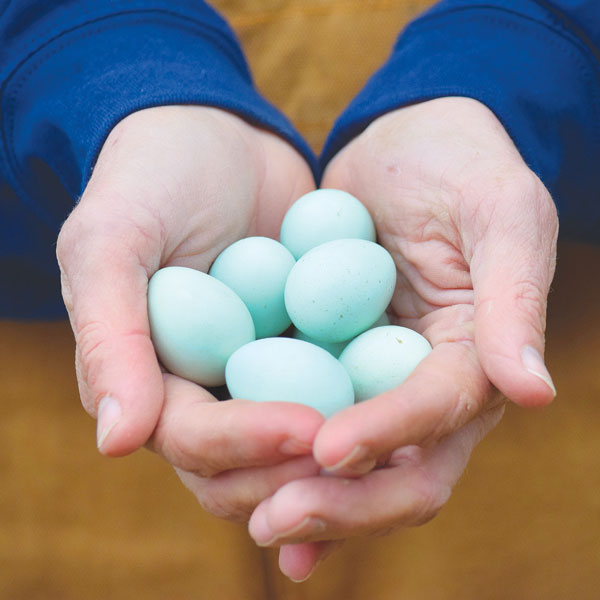
When the chickens are old enough to produce eggs, the eggs will be sold to farmers and the community at GullyRumpus Farm.
Hatch@Home costs $175 for a four-week experience. Education pods, homeschooling groups, families and neighbors are encouraged to sign up for the program together. Families with children under the age of 5 are not eligible for a hatching kit due to the possibility of E. coli and salmonella contamination. While these bacteria are mitigated with handwashing, the Centers for Disease Control and Prevention reports people most at risk for severe illness are the elderly and children under 5.
GullyRumpus Farm began distribution of Hatch@Home kits in early January. Kits are still available this month as space on the reservation list allows.
For more information, visit gullyrumpus.com/hatch-home.
Tessa Marguerite Outland can be reached at tessa.m.outland@gmail.com. Follow us on Facebook, Twitter and Instagram: @insidesacramento.




